Expressions of interest invited for Chair and Deputy Chairs of BU’s Research Funding Panels
***DEADLINE EXTENDED TO 14th APRIL 2023***
We are seeking expressions of interest (EoIs) for Chair and Deputy Chair of the new funding panels:
- Studentship Funding Panel
- Research Development Funding Panel
- Knowledge Exchange & Innovation Funding Panel
Applications from underrepresented groups (women, minority ethnic, declared disability) are particularly welcome.
What are the Research Funding Panels?
These are the new, agile and responsive way that internal funds for projects that support Doctoral Studentships, Research Development, and Knowledge Exchange and Innovation will be managed at BU from August 2023.
Why should I apply to be a Chair or Deputy Chair? What’s in it for me?
Being a Chair or Deputy Chair of a funding panel means that you are involved in making important decisions about applications for funding. This means you need to be able to evaluate applications fairly and be able to express your thoughts about them effectively in meetings and via feedback. You will be directly involved in the process and therefore helping to ensure that internal funding at BU is used for projects that will have real world impact. It’s also a great opportunity to engage with colleagues from across the faculties.
Chair and Deputy Chair further information:
Eligibility is as follows: EoIs from full members of the Professoriate for the posts of Chair and from Associate Professors and Professors for the posts of Deputy Chair.
These posts are very important to the running of the panels you will be chairing meetings, ensuring that decision-making is fair and robust. As such, we require applicants to these posts to have some experience of chairing meetings, sound knowledge of the panels area and a keen desire to lead the research and knowledge exchange agenda across the university. There won’t be huge demands on your time, but you will be required to read and review multiple applications and there will be occasions when you may need to respond swiftly to requests to amend uses of funds.
Sounds like it could be interesting. How do I apply?
EoIs for the Chair or Deputy Chair roles should consist of a case (maximum length of one page) outlining your suitability for the role. Please outline your experience, your understanding of agenda and anything else you feel relevant.
These should be submitted to the relevant panel mailbox by the deadline of 4.30pm 14th April 2023. Please ensure your EoI clearly states whether you are applying for the Chair or Deputy Chair position.
Studentship Funding Panel – DoctoralCollege@bournemouth.ac.uk
Research Development Funding Panel – ResearchDevelopmentFund@bournemouth.ac.uk
Knowledge Exchange & Innovation Funding Panel – KEandInnovationFund@bournemouth.ac.uk
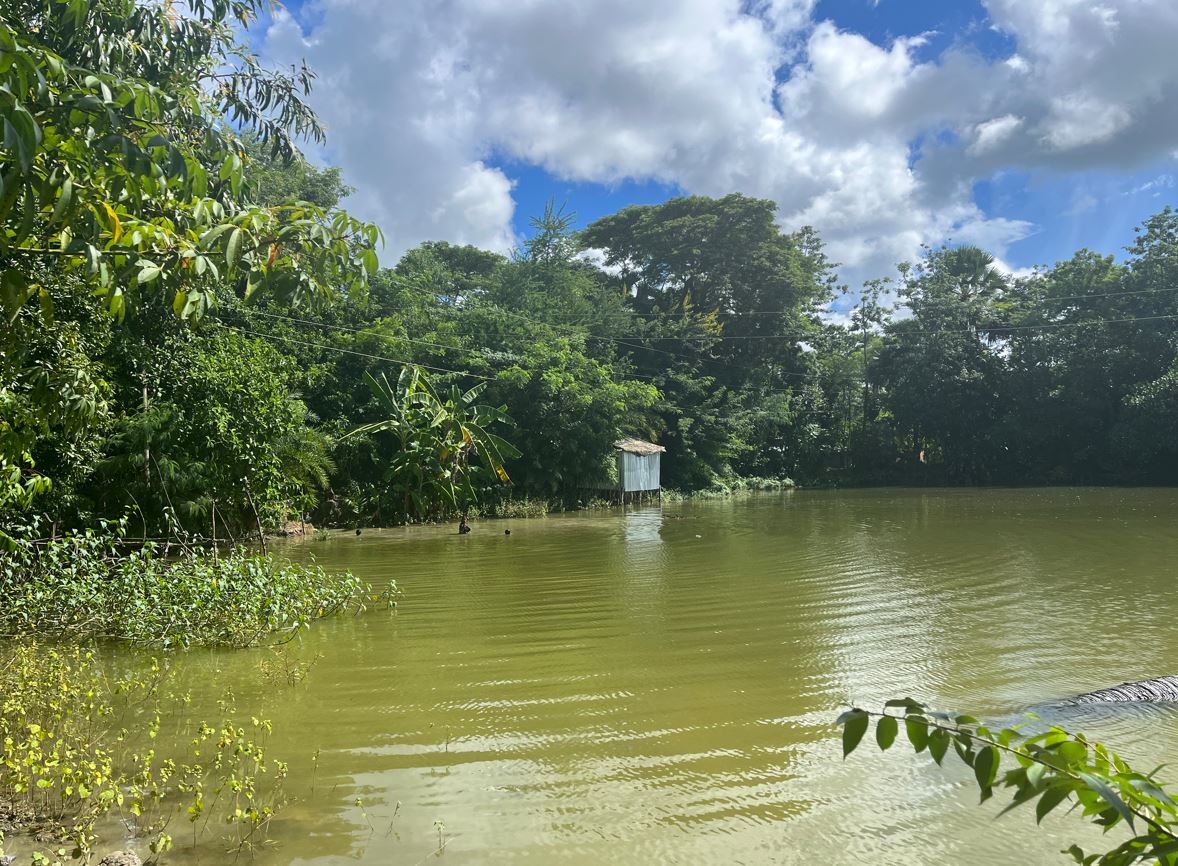



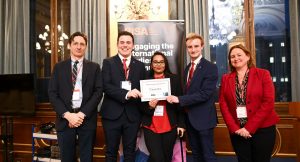 BU students in the Humanities and Law Department, Shahidah Miah (3rd year Law student), Alex Carey (2nd year History student) and Josh Pitt (3rd year Politics student) won the Distinguished Delegation Award at the BISA Model NATO. The event took place at the Foreign Commonwealth and Development Office on Friday, March 3rd, and was organized by the
BU students in the Humanities and Law Department, Shahidah Miah (3rd year Law student), Alex Carey (2nd year History student) and Josh Pitt (3rd year Politics student) won the Distinguished Delegation Award at the BISA Model NATO. The event took place at the Foreign Commonwealth and Development Office on Friday, March 3rd, and was organized by the 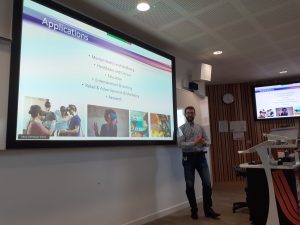
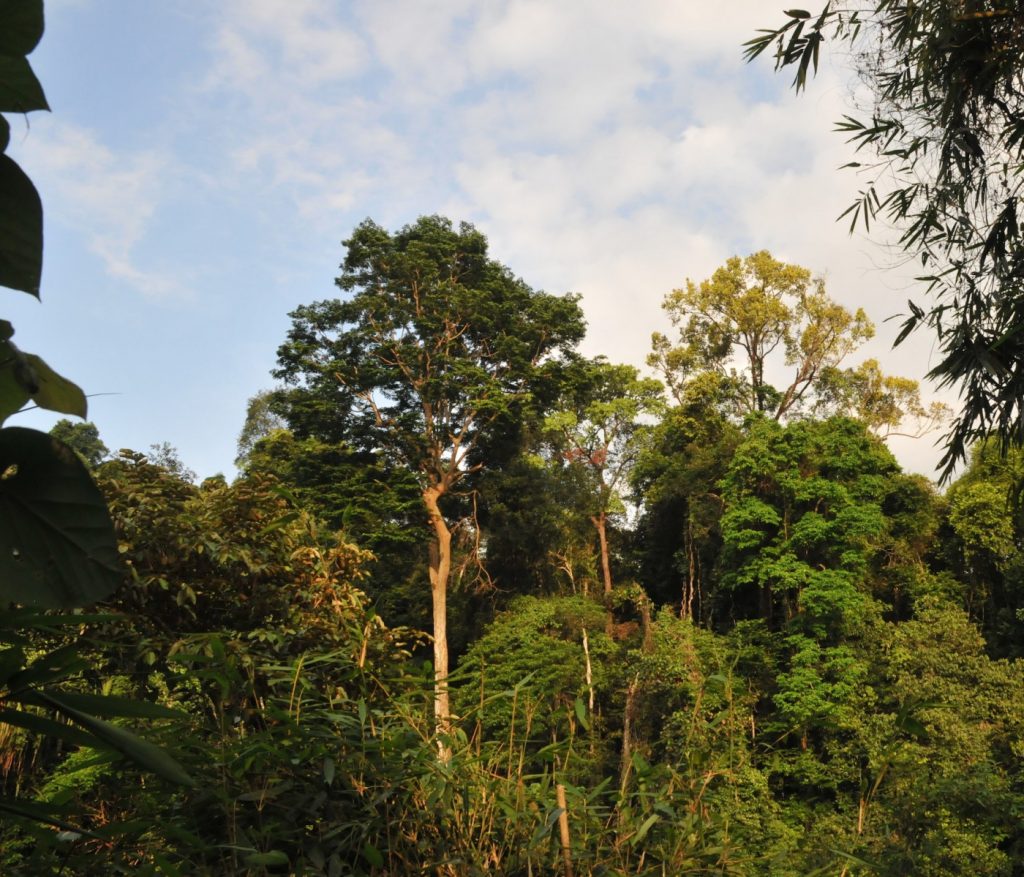


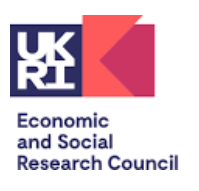


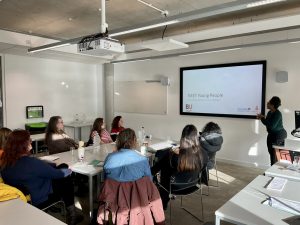
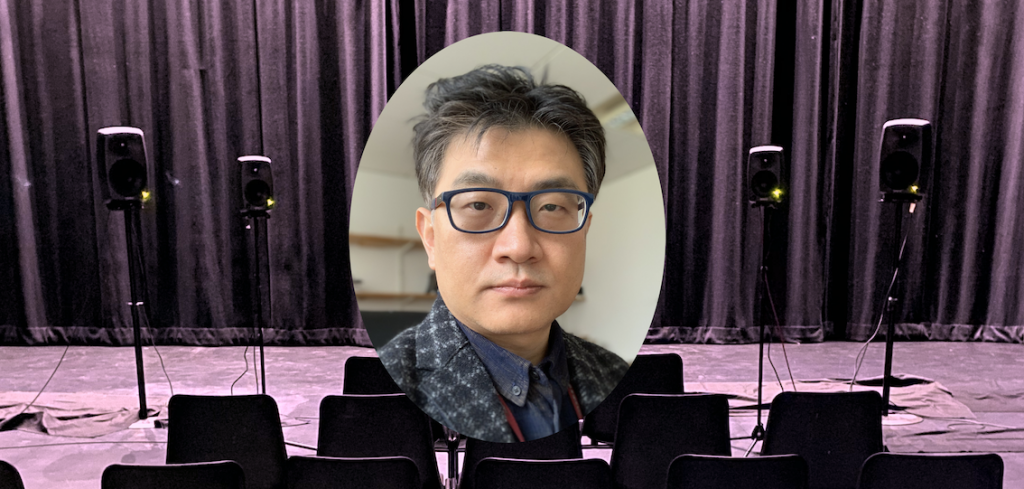
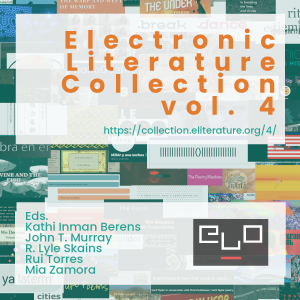











 Final Call for ECRs: Apply for the Research Culture & Community Grant by Monday 9 March
Final Call for ECRs: Apply for the Research Culture & Community Grant by Monday 9 March REF Code of Practice consultation is open!
REF Code of Practice consultation is open! BU Leads AI-Driven Work Package in EU Horizon SUSHEAS Project
BU Leads AI-Driven Work Package in EU Horizon SUSHEAS Project Evidence Synthesis Centre open at Kathmandu University
Evidence Synthesis Centre open at Kathmandu University ECR Funding Open Call: Research Culture & Community Grant – Apply now
ECR Funding Open Call: Research Culture & Community Grant – Apply now ECR Funding Open Call: Research Culture & Community Grant – Application Deadline Friday 12 December
ECR Funding Open Call: Research Culture & Community Grant – Application Deadline Friday 12 December MSCA Postdoctoral Fellowships 2025 Call
MSCA Postdoctoral Fellowships 2025 Call ERC Advanced Grant 2025 Webinar
ERC Advanced Grant 2025 Webinar Update on UKRO services
Update on UKRO services European research project exploring use of ‘virtual twins’ to better manage metabolic associated fatty liver disease
European research project exploring use of ‘virtual twins’ to better manage metabolic associated fatty liver disease